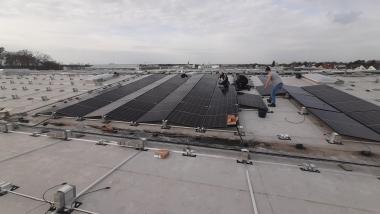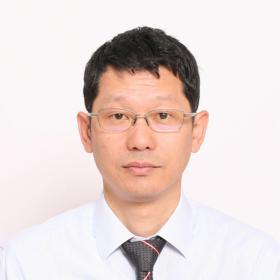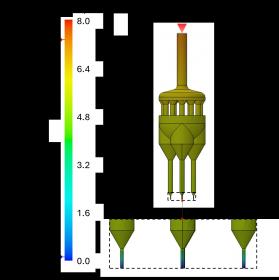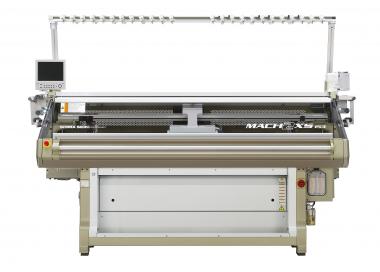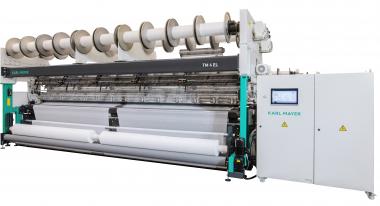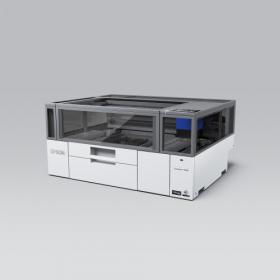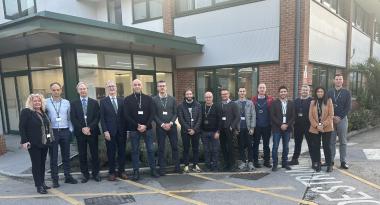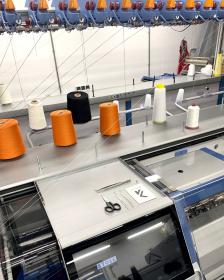Karl Mayer Group: Eigenenergieerzeugung durch Solarpanel
Die Karl Mayer Group verringert ihren ökologischen Fußabdruck bei der Energienutzung: Am Hauptsitz in Obertshausen wurde die bisher größte Photovoltaikanlage der Unternehmensgruppe installiert.
Nach der Errichtung einer stabilen Unterkonstruktion wurden am 16. Februar 2024 die ersten Photovoltaikelemente auf dem Dach der Montagehalle in Obertshausen verlegt. Danach wird Schritt für Schritt die Umrüstung weiterer Dächer folgen. Bis Mitte des Jahres sollen rund 6.000 Module auf einer Fläche von ca. 12.000 m² installiert und über 60.000 m Kabel verlegt sein.
„Mit einer Gesamtleistung von 2,4 MWp werden wir über 35 % des Gesamtstromverbrauchs am Standort selbst erzeugen können,“ so Michael Sustelo, Leiter Gebäudemanagement der KARL MAYER GROUP.
Karl Mayer Group


